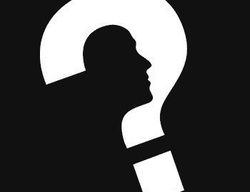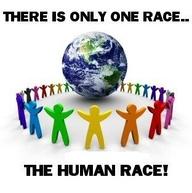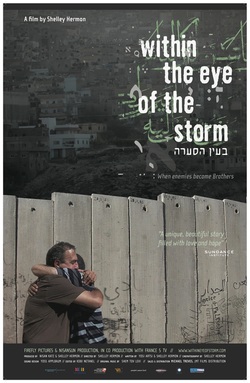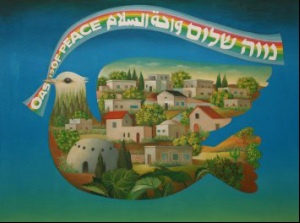
What started as a resistance against a brutal regime and a movement to replace a corrupt, one-party dictatorship has deteriorated into a war among rebel groups preying on the people they are supposed to be defending. The country is torn apart by sectarian groups - alawites, sunnis, shia, secularists, jihadis, extremists, moderate, all seemingly intent on power even if it means the destruction of their country and the slaughter of their fellow citizens. And there is real fear that this sectarianism will spread to other parts of the Middle East. One report on the BBC said "If the conflict in Syria is going to go on longer, Lebanon is going to be in a worse state than Syria is in today. If there's a car accident on the street, people run to ask, are you Sunni or Shia… Sectarian divisions have become very, very deep, and it's going to get worse."
Sectarianism just doesn't make sense, no matter what the religion is, as it simply spreads hate and violence. But why do people identify so closely with a particular sect or even a particular religion? Where does that identity come from? Identity is important. It is the point, the place from which we view the world and relate to others, the characteristics by which we know ourselves and are known by others. It is connected to community, to a sense of belonging. We are known and know ourselves by the family we are born into, the culture we are brought up in, the religion we follow, the stories we are told about ourselves, the world and others. These separate us from those whose experience, whose stories are different from ours. Identity thrives on difference. I am me because you are you, I am woman because you are man, I am Christian because you are Muslim, I am religious because you are non-religious. But identities can be open or closed.
A closed identity is one that cannot see beyond its own very limited horizons, that sees anyone and anything beyond its own self understanding as wrong or even evil, something to be suspicious of, ignored, feared, hated, rejected and sometimes even destroyed. A closed identity might bring with it a sense of security in believing that one is right and everyone else wrong but it can also be a prison. It can be a place in which we shut out the rest of the world, turn in on ourselves. An open identity, however, can be a place from which we go out to enjoy the world, savour the wisdom and beauty of others' stories, recognise our common shared humanity and grow in compassion and love. This is an identity which leads us to help others and respond to their needs simply because they are our brothers and sisters. Then there would be no question of asking whether they were sunni or shia, christian or muslim, believer or non-believer. We would help simply because they are human.






 RSS Feed
RSS Feed
